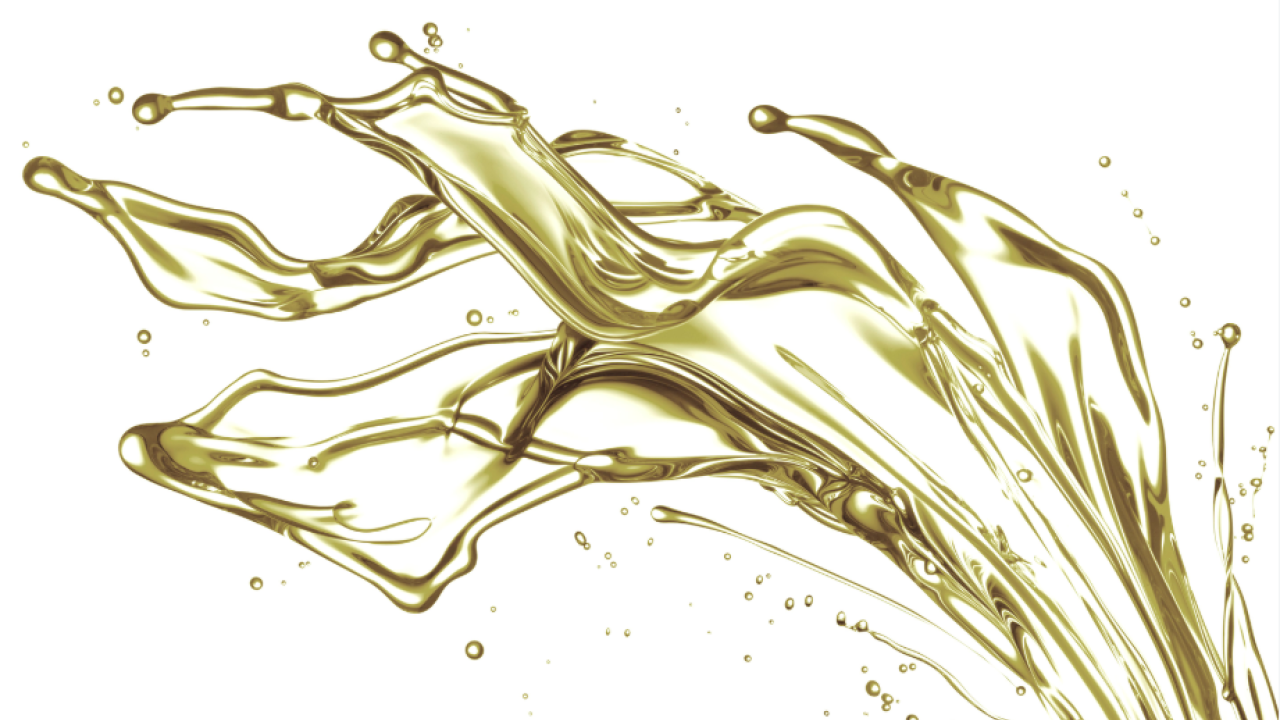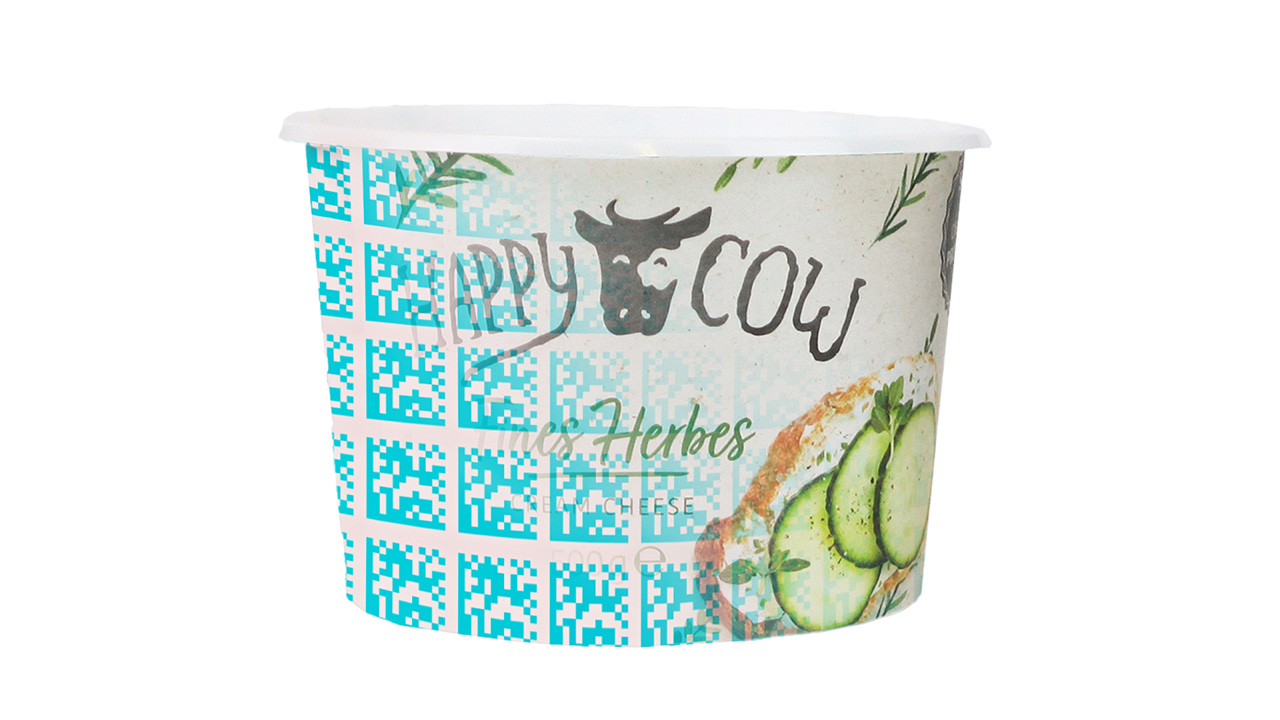High performance lubricants help keep presses running

Web breaks and unscheduled maintenance stoppages – in fact, anything that impedes productivity – can be damaging to a printer’s bottom line performance. In an industry as competitive as label printing, unplanned downtime and repairs are unwelcome and costly disruptions that need to be kept to an absolute minimum.
The key to ensuring optimized productivity is to implement a bespoke and fully-featured maintenance service; something that all cost-aware label printers will already have in place. However, one aspect of this approach is often overlooked – the choice of lubricants. In a world where a small change can make a big difference, this oversight can have serious implications; not just on press reliability and performance but also, significantly, on energy consumption.
A properly lubricated narrow web label press can be more efficient than one using less effective oils or greases and this can be reflected in its energy usage. Tests show that for some hydraulic system applications an energy efficiency saving of up to 6 percent is achievable by switching to a high performance lubricant. This type of reduction not only improves competiveness but it can also enhance margins.
There are health and safety considerations, too. A well maintained and lubricated press will be less prone to mechanical outages, which reduces the instances of unplanned maintenance and human machine interactions. The fewer the interactions the less chance there is of an accident.
It is important to note that not all lubricants are created equal – high performance synthetic oils and greases can offer important advantages over lower-priced mineral-based alternatives. For example, depending on its formulation and application, a synthetic oil can offer up to seven times the oil drain interval of a mineral lubricant, which represents a major reduction in cost, oil change interruptions and used oil disposal fees.
Synthetic greases and oils can also provide enhanced levels of wear protection, excellent cleanliness and protection against deposit formation. They also offer improved resistance to oxidation and a wide operating temperature range, which helps ensure good parts protection on press start-up. Taken together, the total cost of ownership associated with synthetic lubricants can therefore be significantly lower than mineral alternatives.
A health check for your presses
Once the most suitable oils and greases have been selected – ideally in collaboration with your lubricant supplier or preferred maintenance partner – it is possible to further enhance printing press performance and reliability by implementing a used oil analysis service. By regularly sampling lubricants and subjecting them to laboratory testing it is possible to spot maintenance issues before they become a problem.
For example, the presence of contaminants, such as wear metals, can be an indication of under-lubrication, which if left untreated could result in premature bearing failure and associated maintenance costs and downtime. Used oil analysis can also confirm the continued effectiveness of a lubricant, preventing unnecessary and costly oil changes and waste oil disposal. It can ensure that label printers avoid opening up equipment for unnecessary inspection when their oil analysis reports indicate no serious issues have arisen within test intervals. This helps to avoid additional costs, improve productivity and reduce safety concerns.
A properly implemented and fully featured oil analysis service can additionally provide users with bespoke press-by-press lubricant recommendations, helping improve individual equipment reliability and component life. Put simply, investing in this type of preventative maintenance offers both peace of mind and potential financial rewards.
ExxonMobil has developed a range of synthetic lubricants and greases specifically for industrial applications. Our field engineering services (FES) team can assist label printers in choosing the most appropriate oils and greases for their presses as well as help optimize feed rates and re-greasing intervals. We also offer Mobil Serv Lubricant Analysis (MSLA), a highly streamlined used oil analysis service that has been specifically design for ease of use. Keeping up-to-date with your lubricant analysis reports has never been easier.
For a modern, efficient label printer it is essential to have a consistent and regular maintenance schedule in place. Choosing the best possible lubricants is a crucial part of that process, along with a used oil analysis service. Taken together these steps will help operators increase productivity while avoiding unplanned and costly downtime.
Stay up to date
Subscribe to the free Label News newsletter and receive the latest content every week. We'll never share your email address.

